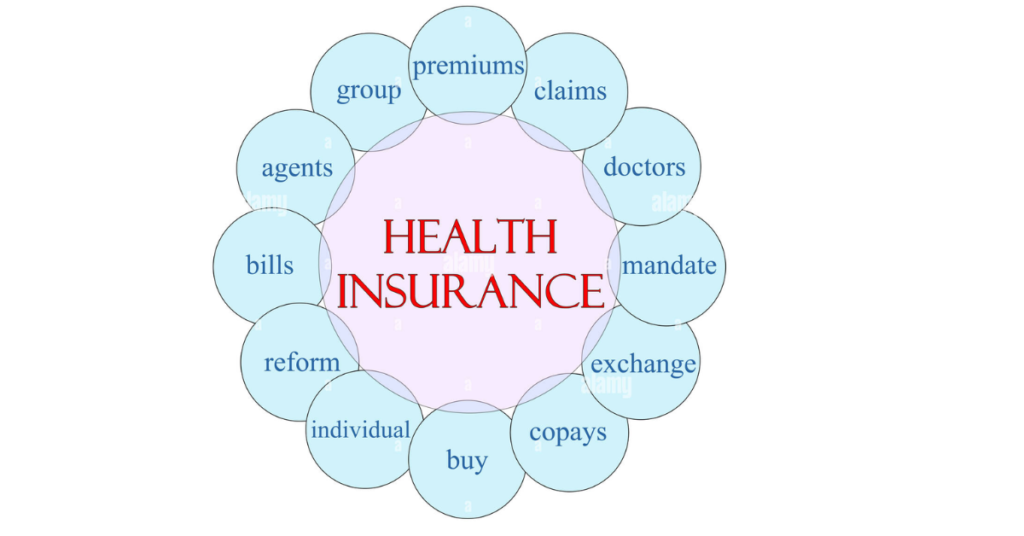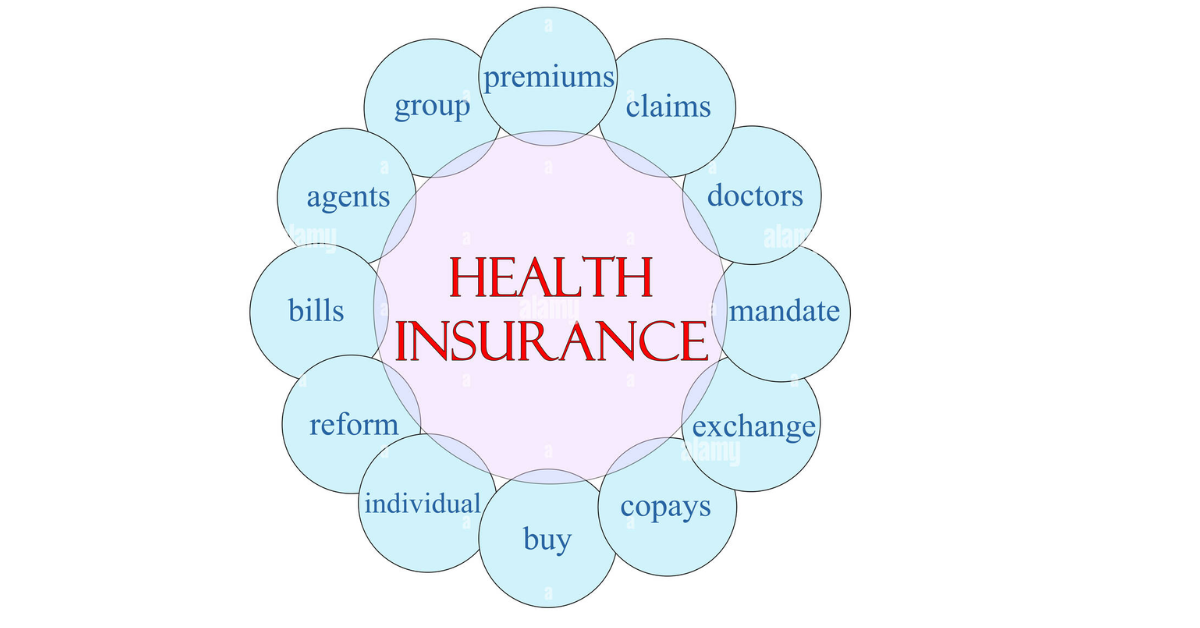Navigating graduate school can be a challenging experience, and amidst the research, teaching, and coursework, it’s easy to forget the importance of health. For many graduate students, having reliable health insurance is crucial for ensuring they can focus on their academic responsibilities without worrying about unexpected medical expenses. This article provides an in-depth look into graduate student health insurance, covering why it’s necessary, the types of plans available, factors to consider when selecting coverage, and the benefits it offers.

The Importance of Health Insurance for Graduate Students
Graduate students often face unique pressures, juggling multiple roles, such as students, teaching assistants, researchers, and sometimes even part-time workers. With busy schedules and limited financial resources, medical expenses can quickly become overwhelming. Health insurance acts as a safety net, providing access to medical services and safeguarding students from high healthcare costs.
In addition to the financial protection it offers, health insurance allows students to access preventive care, routine check-ups, mental health services, and emergency treatments when needed. These resources can help students maintain their physical and mental health, which is essential for their academic success. Without proper insurance, even a minor medical issue can disrupt their studies and affect their well-being.
Types of Health Insurance Plans for Graduate Students
When it comes to health insurance, graduate students have several options depending on their financial situation, university policies, and location. The most common options include university-sponsored health plans, private insurance, parental coverage, and government programs like Medicaid. Each option has its benefits and considerations, and understanding the differences can help students make the best decision for their individual circumstances.
1. University-Sponsored Health Plans
Many universities offer health insurance plans specifically tailored to the needs of their students, including graduate students. These plans are typically designed to provide comprehensive coverage, including access to primary care, mental health services, emergency care, and preventive treatments. University-sponsored plans are often affordable because universities negotiate group rates and may subsidize part of the premium for their students.
Another significant advantage of these plans is the convenience they offer. Many university-sponsored plans include access to on-campus health services, such as student health centers, where students can receive basic medical care, lab tests, vaccinations, and prescriptions at little or no cost. These centers are particularly helpful for students with limited time or those who live on campus.
2. Private Health Insurance
Graduate students who want more flexibility in their healthcare options may consider private health insurance. These plans are available through the health insurance marketplace or directly from private insurers and offer a wider range of coverage options. Private plans generally provide access to larger networks of healthcare providers, making them ideal for students who need specialized care or prefer to see specific doctors.
However, private insurance is often more expensive than university-sponsored plans, especially for students who do not qualify for subsidies. Students must carefully evaluate the costs, including premiums, deductibles, and out-of-pocket expenses, before choosing a private plan. While private insurance can offer greater coverage, it may come at a higher financial cost, which can be burdensome for graduate students on a tight budget.
3. Staying on Parental Health Insurance (For Students Under 26)
The Affordable Care Act (ACA) allows students under the age of 26 to remain on their parent’s health insurance plan. This option is particularly beneficial for students whose parents have comprehensive health coverage. Staying on a parent’s plan can provide substantial cost savings, as students may not need to pay for an additional insurance policy.
However, it’s important for students to ensure that their parent’s insurance network includes providers in the state or region where they are attending school. If the plan has limited coverage outside of the parent’s state, the student may face higher out-of-pocket costs for out-of-network care. Students nearing age 26 should also be mindful that this option has an age limit, making it a temporary solution.
4. Medicaid
For low-income graduate students, Medicaid offers an affordable health insurance option. Medicaid is a state and federal program that provides healthcare coverage to individuals and families with limited financial resources. In states that have expanded Medicaid under the ACA, more students may qualify for this coverage based on income.
Medicaid covers a broad range of healthcare services, including doctor visits, hospital stays, prescription medications, and preventive care. Although eligibility requirements vary by state, Medicaid is an attractive option for students who meet the income criteria and need comprehensive health coverage at little or no cost.
Factors to Consider When Choosing a Health Insurance Plan
Selecting the right health insurance plan is a critical decision for graduate students. It involves more than just choosing the cheapest option; students must consider the coverage, costs, provider networks, and specific healthcare needs when making their decision. Here are some key factors to keep in mind:
1. Coverage for Essential Medical Services
Before committing to a health insurance plan, it’s essential to verify that it covers the basic healthcare services students are likely to need. These services may include doctor visits, emergency care, hospitalization, prescription medications, mental health support, and preventive care, such as vaccines and health screenings. Students with pre-existing conditions or ongoing healthcare needs should ensure that their plan covers these specific treatments.
In addition to basic medical services, students should check whether the plan covers specialist visits or alternative treatments they may need during their studies. Some plans have limitations on certain types of care, and it’s important to be aware of these restrictions before choosing a plan.
2. Affordability: Premiums, Deductibles, and Out-of-Pocket Costs
Graduate students often operate on limited budgets, so understanding the financial implications of a health insurance plan is crucial. While the monthly premium is an important factor, it’s not the only cost to consider. Students should also look at the deductible (the amount they must pay before insurance kicks in), copayments for doctor visits, and coinsurance for other medical services.
Plans with lower premiums may have higher deductibles and out-of-pocket costs, meaning students will pay more when they need care. On the other hand, plans with higher premiums often have lower out-of-pocket costs, which can be beneficial for students who expect to use medical services frequently. Balancing the costs of the plan with anticipated healthcare needs is key to making a sound financial decision.
3. Provider Networks and Accessibility
One of the most important considerations when choosing a health insurance plan is the provider network. Students should verify that their preferred doctors, hospitals, and specialists are included in the plan’s network. Accessing out-of-network care can be significantly more expensive, so it’s essential to confirm that the plan covers healthcare providers in the student’s location.
University-sponsored health plans often include access to on-campus health centers, which offer basic medical services at no or reduced cost. However, students who need specialized care or who live off-campus should check whether the plan’s network extends to off-campus providers.
4. Mental Health Coverage
Graduate students often face significant stress and mental health challenges as they navigate their academic careers. Health insurance plans that offer comprehensive mental health coverage, including counseling, therapy, and psychiatric services, are invaluable for students who may need mental health support during their studies.
It’s important to review the plan’s mental health coverage to determine whether it includes access to licensed professionals and whether there are any limitations on the number of visits or types of services provided. Some plans may have caps on the number of therapy sessions covered, so understanding these details is crucial for students who anticipate needing regular mental health care.
Benefits of Health Insurance for Graduate Students
Having health insurance provides graduate students with numerous advantages, not only financially but also in terms of access to healthcare services that can enhance their overall well-being. Some of the key benefits include:
- Access to Preventive Care: Health insurance ensures that students can access routine check-ups, vaccinations, and screenings, which are essential for maintaining good health and preventing more serious medical issues.
- Protection from High Medical Costs: Unexpected illnesses or accidents can lead to significant medical bills. Health insurance protects students from the financial burden of these costs, allowing them to focus on their studies without worrying about medical expenses.
- Mental Health Support: Health insurance plans with mental health coverage offer students access to therapy and counseling services, which are crucial for managing stress, anxiety, and other mental health concerns that may arise during graduate school.
- Convenience of On-Campus Care: For students enrolled in university-sponsored health plans, access to on-campus health centers makes it easy to receive medical care quickly, without needing to visit an off-campus provider.
Enrolling in Graduate Student Health Insurance
The enrollment process for health insurance varies depending on the type of plan. For university-sponsored plans, students typically enroll during the school’s open enrollment period, which often aligns with the start of the academic year. Some universities also allow students to enroll mid-year if they experience a qualifying life event, such as losing other coverage or getting married.
Students who are considering private insurance or Medicaid should check the enrollment periods for these programs. The health insurance marketplace generally has specific open enrollment dates, though qualifying events can make students eligible for special enrollment outside of these periods.
Conclusion
Graduate student health insurance is a vital resource for students as they navigate the demands of higher education. With several options available, from university-sponsored plans to private insurance and Medicaid, students can find a plan that meets their healthcare needs and fits within their budget. By considering factors like coverage, cost, and provider networks, students can make informed choices that support their academic and personal well-being throughout their graduate studies.
